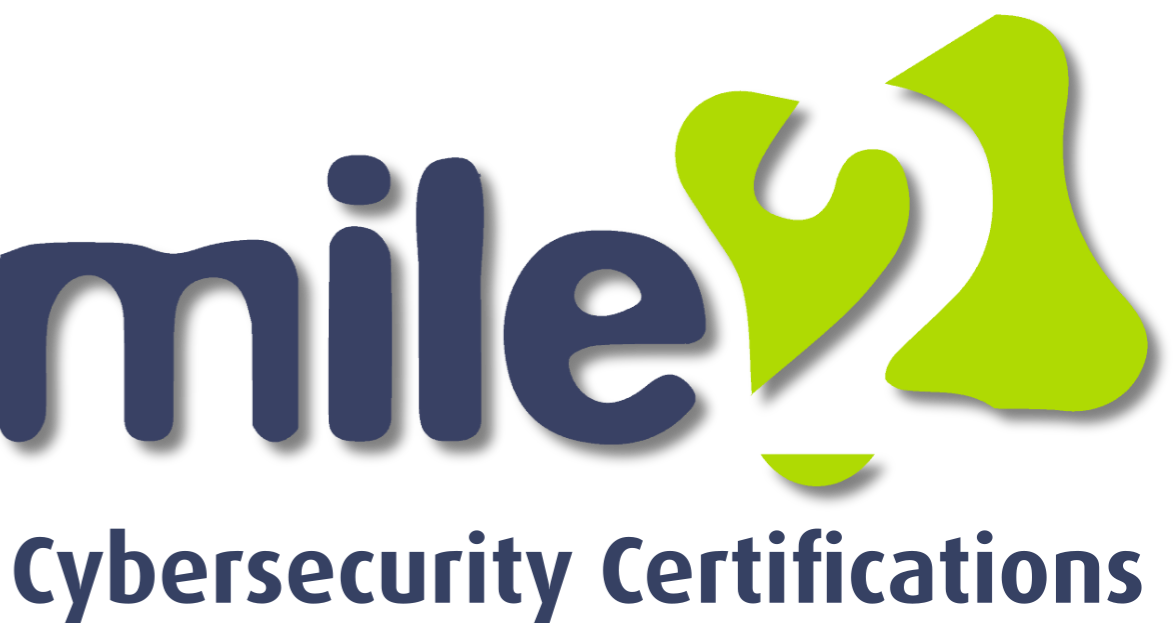Addison West
Forum Replies Created
-
AuthorPosts
-
Addison West
ParticipantTroubleshooting mobile devices can be a challenging task, but with the right approach, it can be done effectively. One of the first steps is to restart the device, as this can often resolve temporary glitches and free up memory. Checking for software updates is also crucial since outdated software can cause various issues, and updating the operating system and apps can fix bugs and improve performance. Clearing the cache and data of apps can help improve speed and responsiveness by removing accumulated data that may be slowing down the device. Additionally, checking the network connection is important, as a weak or unstable connection can lead to problems with internet access and app functionality. Ensuring that the device is adequately charged or connected to a power source can also prevent unexpected behavior caused by a low battery. Using safe mode can help identify if a specific third-party app is causing the issue by disabling all such apps temporarily. If all else fails, performing a factory reset can be a last resort to erase all data and start fresh. Finally, contacting the device manufacturer or a qualified technician for assistance can provide expert help if the problem persists.
Addison West
ParticipantHi Jason,
It’s interesting to see your take on RJ45 and RJ11 connectors. I agree that RJ45 is more common nowadays for internet connections, but RJ11 still has its place in older devices and for specific applications like phone lines.
I think it’s important to remember that both connectors are still relevant and have their own unique advantages.
Addison West
ParticipantThe USB (Universal Serial Bus) connector is a versatile and widely-used interface that allows for the connection of various peripherals to a computer. Its rectangular shape is designed for easy insertion and removal, and it supports data transfer as well as power supply to devices like keyboards, mice, printers, external hard drives, and smartphones. USB connectors come in different types, including USB-A, USB-B, USB-C, and micro-USB, each serving specific purposes and offering varying levels of data transfer speeds and power delivery capabilities.
On the other hand, the HDMI (High-Definition Multimedia Interface) connector is specifically designed for transmitting high-definition video and audio signals. Its trapezoidal shape ensures a secure connection between devices such as televisions, monitors, projectors, and gaming consoles. HDMI connectors support a range of video resolutions from standard definition to ultra-high definition (4K and beyond), as well as multi-channel audio formats. This makes HDMI the go-to choice for connecting multimedia devices to ensure high-quality audiovisual experiences.
Both USB and HDMI connectors are essential in modern technology, facilitating seamless communication and interaction between a wide array of electronic devices. Their distinct shapes and functionalities cater to different needs, making them integral components in both personal and professional tech setups.
Addison West
ParticipantHey Braden,
Your troubleshooting steps are very helpful and cover a wide range of potential issues. I especially like how you emphasized checking the power cable and input source, as these are often overlooked.
I would add that it’s also important to check the monitor’s resolution settings. Sometimes, the monitor might be set to a resolution that is not supported by the computer or the graphics card, which can cause display issues.
Addison West
ParticipantWhen troubleshooting display devices, it’s essential to start with the basics. Begin by checking all connections to ensure everything is plugged in securely. Restarting both the device and the monitor can sometimes resolve the issue. If that doesn’t work, updating the drivers for your graphics card is a good next step. Additionally, check the display settings to ensure the resolution and configuration are correct. Testing the monitor with another device can help determine if the problem lies with the monitor or the initial computer. Inspect for any physical damage on the cables, ports, or the monitor itself, as a damaged component can cause display issues. Some monitors have firmware that can be updated, so checking the manufacturer’s website for any updates might be helpful.
Booting your computer in Safe Mode can also be insightful; if the display works in Safe Mode, the issue might be related to software or drivers. Overheating can cause display problems, so ensure that both the computer and monitor have adequate ventilation and that their cooling systems are functioning properly. Trying different cables can rule out the possibility of a faulty cable.
Addison West
ParticipantHey Trae, I agree with your assessment of input and output devices. They are essential for communication between the user and the computer. I particularly like your point about the key difference between them being the direction of data flow. Input devices send data to the computer, while output devices present data back to the user. This distinction is crucial for understanding how computers interact with the world.
Addison West
ParticipantInput and output devices are essential components of any computer system. Input devices allow users to interact with the computer and provide data, while output devices display or present information to the user.
Input devices, such as keyboards, mice, and scanners, enable users to enter data, commands, and instructions into the computer. Output devices, such as monitors, printers, and speakers, display or present the processed information to the user.
The key difference between input and output devices lies in their direction of data flow. Input devices transfer data from the user to the computer, while output devices transfer data from the computer to the user.
For example, when you type on a keyboard, you are providing input to the computer. The computer then processes this input and displays the results on the monitor, which is an output device.
In summary, input devices allow users to interact with the computer and provide data, while output devices display or present information to the user. The key difference between them is the direction of data flow.
Addison West
ParticipantHey Jason,
Your explanation of physical storage is very comprehensive. I especially appreciate your detailed explanation of RAID storage and its different levels. I also found your explanation of optical drives and their evolution to be very informative. You did very well on this discussion topic.
Thanks for sharing your knowledge!
Addison West
ParticipantComputer storage is the ability to retain data in a computer system, and it is a fundamental component of any computer. There are two main types of computer storage: primary storage and secondary storage. Primary storage, also known as main memory or RAM (Random Access Memory), is fast and volatile, meaning that data is lost when the computer is turned off. Secondary storage, on the other hand, is used to store data that is not currently being used by the computer, and it is non-volatile, meaning that data is retained even when the computer is turned off. There are different types of secondary storage, including hard disk drives (HDDs), which use spinning platters to store data and offer large storage capacities at a relatively low cost. Solid-state drives (SSDs) use integrated circuits to store data, providing faster access and greater durability, although they are more expensive. Optical drives use lasers to read and write data on media like CDs, DVDs, and Blu-ray discs, offering a cost-effective but limited storage option.
Addison West
ParticipantHi Erin,
You’re right, there are many different expansion options available. Expansion cards are essential for adding new capabilities to a device. A popular expansion card is a graphics card, also known as a video card. It helps to enhance the video experience by accelerating the graphics processing capabilities of your computer.
Addison West
ParticipantComputer expansion options, such as adding RAM, upgrading the CPU, installing a dedicated graphics card, expanding storage, and upgrading the motherboard, offer significant benefits to users. Adding RAM enhances the computer’s ability to run multiple programs simultaneously, improving multitasking efficiency. Upgrading the CPU boosts overall processing speed, making applications run faster and more smoothly. Installing a dedicated graphics card enhances visual performance, which is particularly beneficial for gaming and video editing. Expanding storage by adding a hard drive or SSD increases the capacity for files, programs, and the operating system. Upgrading the motherboard allows for compatibility with newer components and technologies, potentially improving performance and extending the computer’s lifespan. These expansions enable users to customize their computers to meet specific needs, whether for gaming, professional work, or general use, thus enhancing overall functionality and user experience.
Addison West
ParticipantHello Trae,
This is a great way to summarize the key difference between the two types of memory. It’s also helpful to point out that ROM is often used in embedded systems, where the device runs specific tasks without the need for frequent updates. This is because ROM is non-volatile, meaning that it retains its data even when the power is turned off.
Addison West
ParticipantRead-Only Memory (ROM) and Random Access Memory (RAM) serve distinct purposes in a computer system. ROM is non-volatile, meaning it retains its data even when the power is turned off. This makes it ideal for storing firmware or software that does not need frequent updates, such as the BIOS in a computer or the firmware in embedded systems. Different types of ROM include PROM, which can be programmed once; EPROM, which can be erased with UV light and reprogrammed; and EEPROM, which can be electrically erased and reprogrammed. ROM is generally slower than RAM but is more durable due to its infrequent need for rewriting.
On the other hand, RAM is volatile and loses its data when the power is turned off. It is used for storing data that the CPU actively uses or processes, such as running programs and the operating system. RAM comes in various forms, including DRAM, which needs constant refreshing, and SRAM, which is faster and more reliable but also more expensive. RAM is much faster than ROM and typically has a larger capacity, making it suitable for tasks that require quick access to data.
In summary, while ROM provides permanent storage for essential system firmware, RAM offers temporary storage for data that needs to be quickly accessed and modified by the CPU. This distinction is crucial for the efficient functioning of computer systems, as each type of memory plays a specific role in ensuring smooth and effective operation.
Addison West
ParticipantHey Jason,
I agree with you, starting with the easiest steps is always a good idea. I’ve also found that the ESD strap is often overlooked, but it’s a lifesaver when working with sensitive components. I’ve never used the multimeter method myself, but I’ve had good results with the paper clip method. What do you think is more effective?
Addison West
ParticipantThe computer’s power supply is a crucial component that provides power to all the internal components of a computer. When a computer fails to boot up or experiences unexpected shutdowns, the power supply is often the first suspect. Troubleshooting a computer’s power supply involves a series of steps to identify and resolve any issues.
One common troubleshooting technique is to check the power cord and ensure it is securely connected to both the power supply unit and the wall outlet. A loose connection can interrupt the flow of electricity and prevent the computer from powering on. Another simple check is to examine the power supply unit itself for any visible damage, such as cracks, burns, or loose wires. If any damage is present, it is advisable to replace the power supply unit as it may be faulty.
Another troubleshooting technique involves testing the power supply unit with a multimeter. A multimeter can measure voltage and current, allowing technicians to determine if the power supply unit is outputting the correct voltage to the computer’s components. If the voltage readings are incorrect, it indicates a problem with the power supply unit.
-
AuthorPosts

